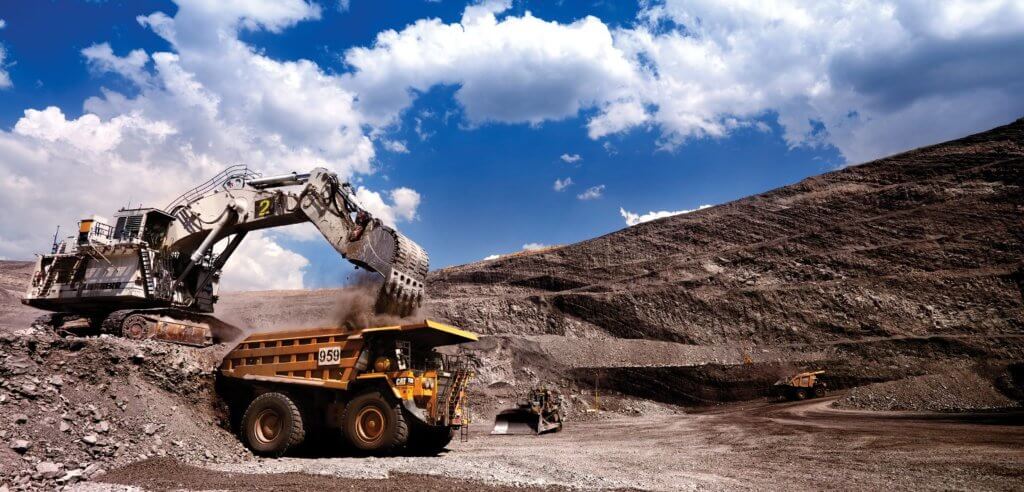Kenya’s Mining Sector Reform Promises Economic Boost and Opportunities

Francis Kyei, Market Analyst
- The Kenyan government is reforming its mining industry to attract investors and boost its contribution to GDP from the current 1% to a potential 10% in the near term.
- The Mining (Amendment) Bill, which went through the First Reading in Kenya’s National Assembly on Thursday, October 12, 2023, seeks to create a more efficient sector, establish a Mining Regulatory Authority, and address administrative issues, disputes, and environmental concerns.
- These reforms align with increasing global demand for minerals in low-carbon economies, positioning Kenya as a promising player in the global mining industry and offering growth opportunities for investors and businesses.
The Kenyan government is taking steps to overhaul its burgeoning mining industry. Kenyan lawmakers have begun the process of amending the existing mining regulation to rectify administrative lapses and regulatory uncertainties that have plagued the sector. The primary objective is to attract investors and unlock the vast potential of the mining industry.
At present, Kenya’s mining industry contributes a mere 1% to the country’s GDP. However, the government is resolute in its belief that with the right changes in place, the sector could contribute up to 10% to the national GDP and provide a much-needed diversification of income sources.
Despite Kenya’s rich mineral deposits, including copper, graphite, manganese, nickel, iron ore, and nickel-cobalt, all of which are expected to experience high demand as the world accelerates its transition toward low-carbon technologies, the country has faced persistent challenges in meeting production targets and attracting fresh investments.
Kenya’s Mining (Amendment) Bill
The proposed Mining (Amendment) Bill, which passed its First Reading in the Kenyan National Assembly on Thursday, October 12, 2023, is set to create a more efficient mining sector and establish a robust Mining Regulatory Authority.
This new authority is expected to oversee and refine every aspect of the mining process, from exploration and extraction to production, processing, refining, transportation, storage, export, and sale of minerals.
The amendment is also expected to help address longstanding administrative shortcomings, including obligations owed to mineral rights holders and enhanced dispute resolution mechanisms.
The legislation emphasises the importance of protecting Kenya’s valuable mineral resources and its environment. It also promotes value addition of minerals before export, which is expected to boost the sector revenues.
The decision to revamp the mining sector comes at a crucial time, as projections indicate a significant uptick in demand for minerals essential to low-carbon economies. With these changes, Kenya is positioning itself to become a prominent player in the global mining industry and a key contributor to the low-carbon economies of the future.
Kenya’s determination to reform its mining industry is an important step towards economic growth and the creation of new opportunities. The forthcoming legislative changes are set to foster a more favourable investment environment and enhance productivity in the mining sector.
With the potential for the mining industry to become a substantial contributor to Kenya’s GDP, the nation is poised for a brighter economic future, offering significant opportunities for investors and businesses alike.
Disclaimer: This article has been prepared by GFX Brokers, an African investment firm with its registered office on the 2nd Floor, PWC Towers, Cantonments City, Accra Ghana. This article has been issued for information purposes only. GFX Brokers does not recommend or propose that any security referred to in this article is appropriate or suitable for your investment objectives or financial needs.